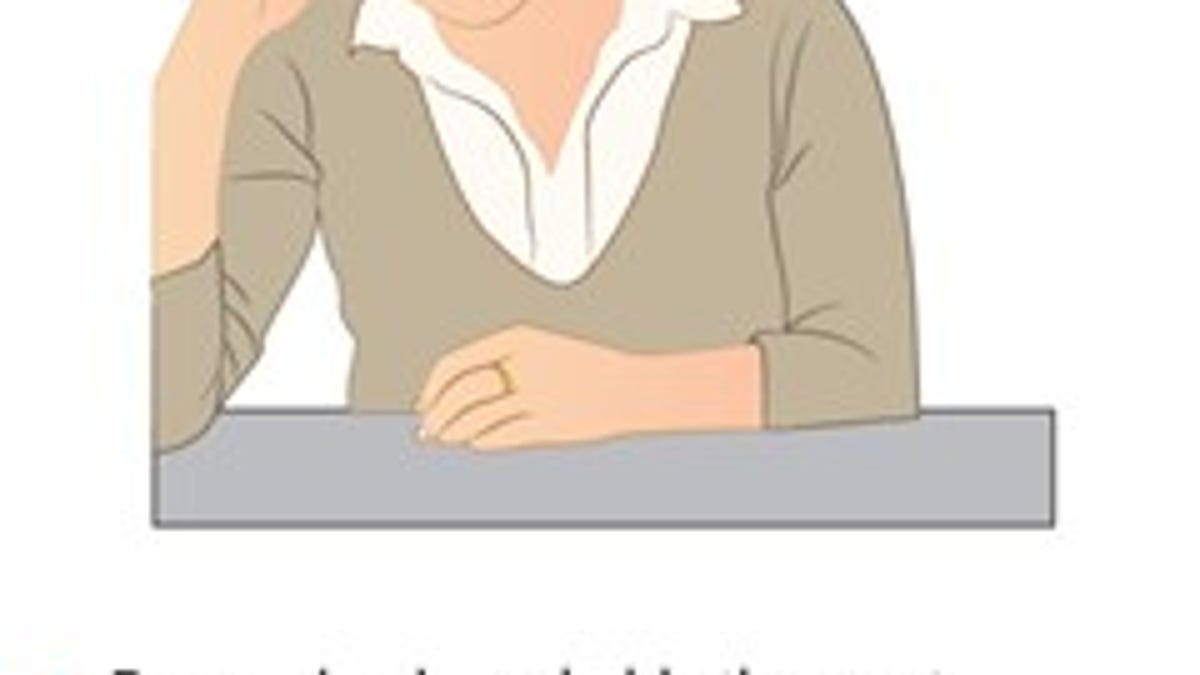New moms more likely to seek help for depression if it's online
Mothers suffering from postpartum depression after high-risk pregnancy would go online for help if they could remain anonymous, according to a new study out of Case Western Reserve.

Postpartum depression afflicts between 10 percent and 15 percent of new moms. But with some never seeking help, those numbers may be even higher. And in a new study out of Case Western Reserve, researchers found that many women don't seek counseling because of the stigma attached to depression and because they feel they simply don't have the time -- but they would go online for help if professionals were available and they could remain anonymous.
"Mothers cannot always find a sitter and then spend time driving to and from counseling," Judith Maloni, lead investigator and professor of nursing, said in a school news release. "An online intervention is available when the moms have time."
Researchers from nursing and psychology recruited 53 moms who'd been hospitalized for pregnancy-related complications and felt depressed during the week prior to being surveyed. Their average age was 32, most were college-educated, and they represented many ethnicities and geographical locations.
The team, reporting in the journal Archives of Psychiatric Nursing, found that the women would welcome online help provided it didn't require medications, came from professionals, and allowed the women to remain anonymous.
Maloni, who has studied postpartum depression in women with both normal and complicated pregnancies, said this is the first study of its kind to use the Internet to find new mothers with postpartum depression who were seeking help online. Respondents said they preferred learning strategies to cope, resources they could access at any time, and chat rooms with health professionals.
Maloni said the researchers are already designing a Web site to help women turn to online interventions for help.

